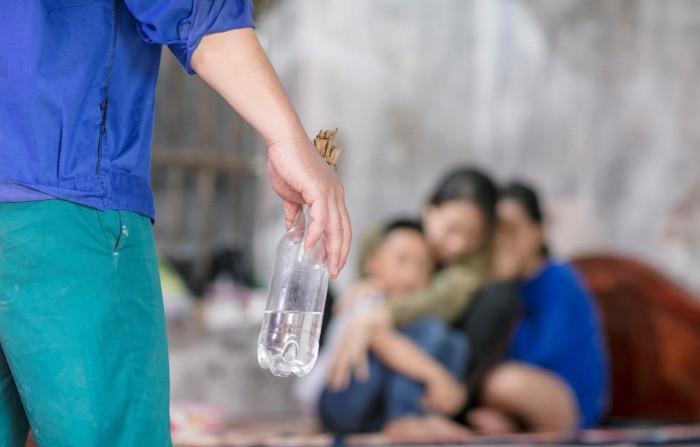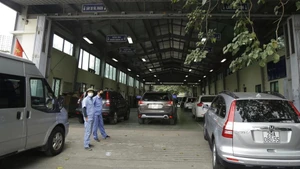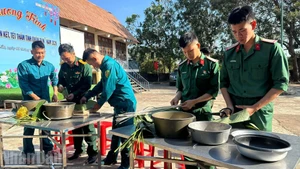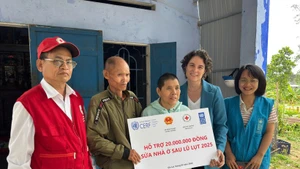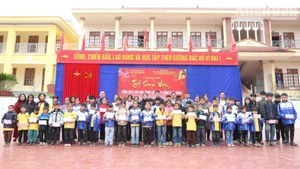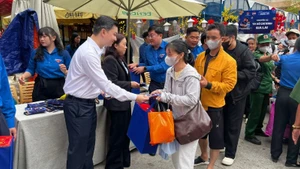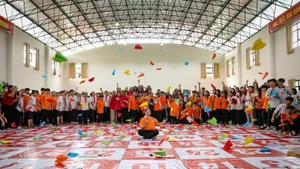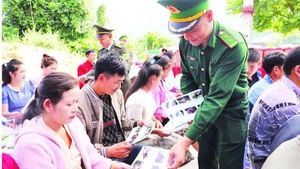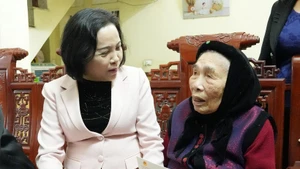However, at present, violence against women and girls still occurs, and is considered a major obstacle in promoting gender equality and building a progressive and civilised society in Vietnam, while also posing a significant impact on women's mental health and well-being, labour productivity, education and childcare.
Meanwhile, women who are victims of violence are often afraid to mention it, share or seek support, partly due to fear of consequences for themselves and their children.
In recent years, localities have paid greater attention to the settling of cases related to the legitimate rights and interests of women and children in general and girls in particular.
The Vietnam Women's Union has identified this as one of its key tasks, and has taken actions to diversify activities and models on preventing and controlling domestic violence and gender-based violence, especially models of counselling and support for victims of violence.
Vietnam is rated among the top 10 performers worldwide in implementing the United Nations Development Goal on achieving gender equality and empowering all women and girls.
Rapid response teams have been established at the grassroots level to promptly prevent violent incidents in their localities and address violence cases that threaten the well-being and dignity of women.
However, the facts show that some localities, especially in rural areas, still face many difficulties in detecting and supporting women and children who are victims of abuse and violence. This is partly due to the limited capacity and knowledge of legal provisions related to legal proceedings and protection of women and children's rights and legitimate interests.
Meanwhile, many social issues have arisen that affect the safe living space of women and children, such as domestic violence, gender-based violence, sexual abuse, trafficking of women and children, and the COVID-19 pandemic.
Vietnam recently launched the 2022 national action month on gender equality and gender-based violence prevention and response under theme of 'Ensuring social security, empowering and creating opportunities for women and girls to achieve gender equality and eliminate violence against women and girls'.
The event once again shows Vietnam’s active implementation of its priorities and commitments to promote substantive gender equality, contributing to supporting disadvantaged women and girls in avoiding the risk of violence and abuse in the context that Vietnam is recovering from the severe impact of the COVID-19 pandemic.
In order to further improve the effectiveness of the protection and elimination of violence against women and children, relevant ministries, sectors, and socio-political organisations need to closely coordinate to promote communication activities and law enforcement regarding gender equality and domestic violence prevention and control.
Specifically, the young generation needs to be educated to better grasp an understanding of gender equality as well as the skills to prevent and combat violence from an early age. This requires individuals, especially young people, to learn how to deal with their difficulties and how to handle conflicts without using violence.
And above all, each individual, family and community, including women and children who experience violence, need to raise their voices and take bolder practical actions to drive back domestic violence and gender-based violence so that everyone can live in a society in which they are respected, loved and equal.
